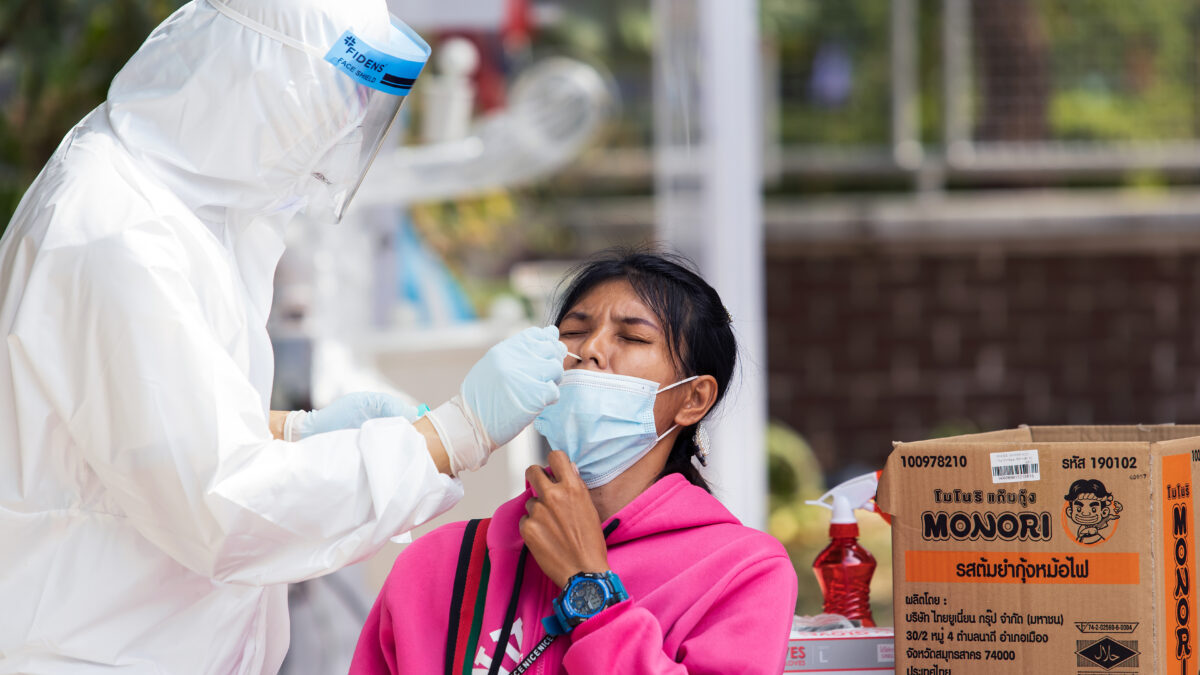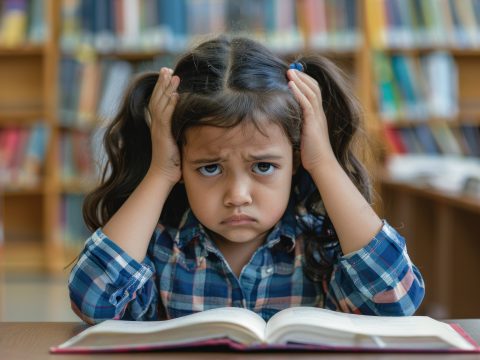- Have any questions?
- (+91) 02792 230240
- info@smcgh.edu.in

Laparoscopic Surgery at Shantabaa General Hospital
July 15, 2022
Every student’s Destination for Medical Success the Vision behind Shantabaa Medical College
July 25, 2022How India’s monsoon season might impact covid 19:
Indian monsoons are the most awaited season after the scorching summers. While it brings
relief from the heat, there are a lot of other things it leads to. Traffic jams, humidity, and the
seasonal flu. This is why the rainy season is also known as the season of flu. From children
to elderly people all get under the influence of this common or viral flu. Many studies have
indicated that monsoon plays a significant role in the dynamics of contagious diseases.
And after having faced the dreadful waves, the COVID-19 virus is the biggest concern in
the country. Above all of these, the chances of exposure during monsoons to ultraviolet B
(UVB)radiation that forms vitamin -D is also an issue that may lead to a surge in the
spread of disease.
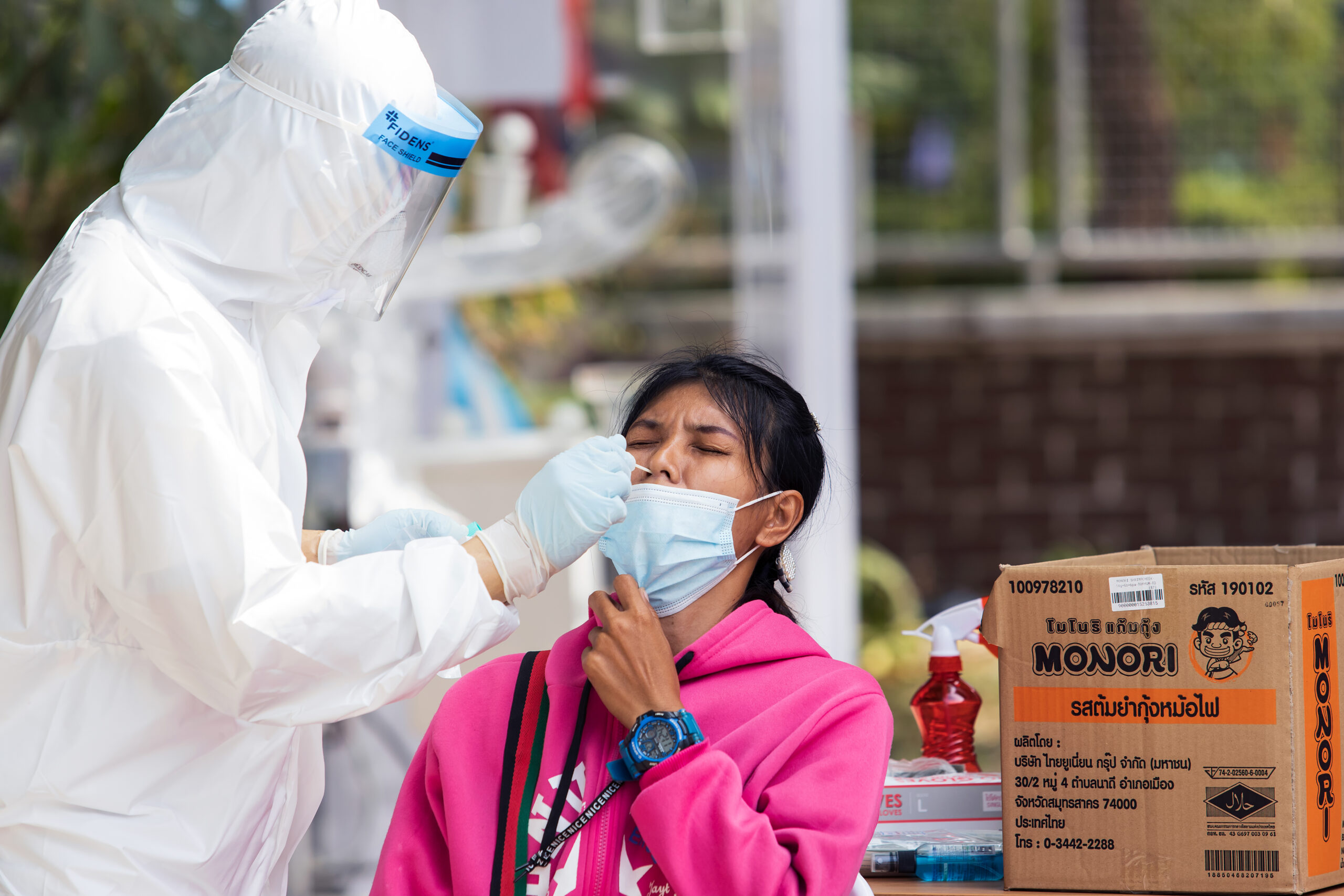
It may get a little complicated for you to understand when one factor is affected by others
simultaneously. So, Let's understand the relationship between all of these.
Contagious diseases and monsoon season
In India, many infectious diseases are known to cause outbreaks during the rainy season,
peaking just after the monsoon. This includes influenza, diarrhea, cholera, dengue, typhoid,
and respiratory illnesses. This is because the presence of high moisture in the air makes it
ideal for bacteria, fungi, and viruses to thrive. Humidity, mud and stagnant water become
breeding homes to many harmful microorganisms which contaminate air and water.
Mosquitoes also breed during this season and cause many mosquitoes-borne diseases like
malaria, dengue, and chikungunya.
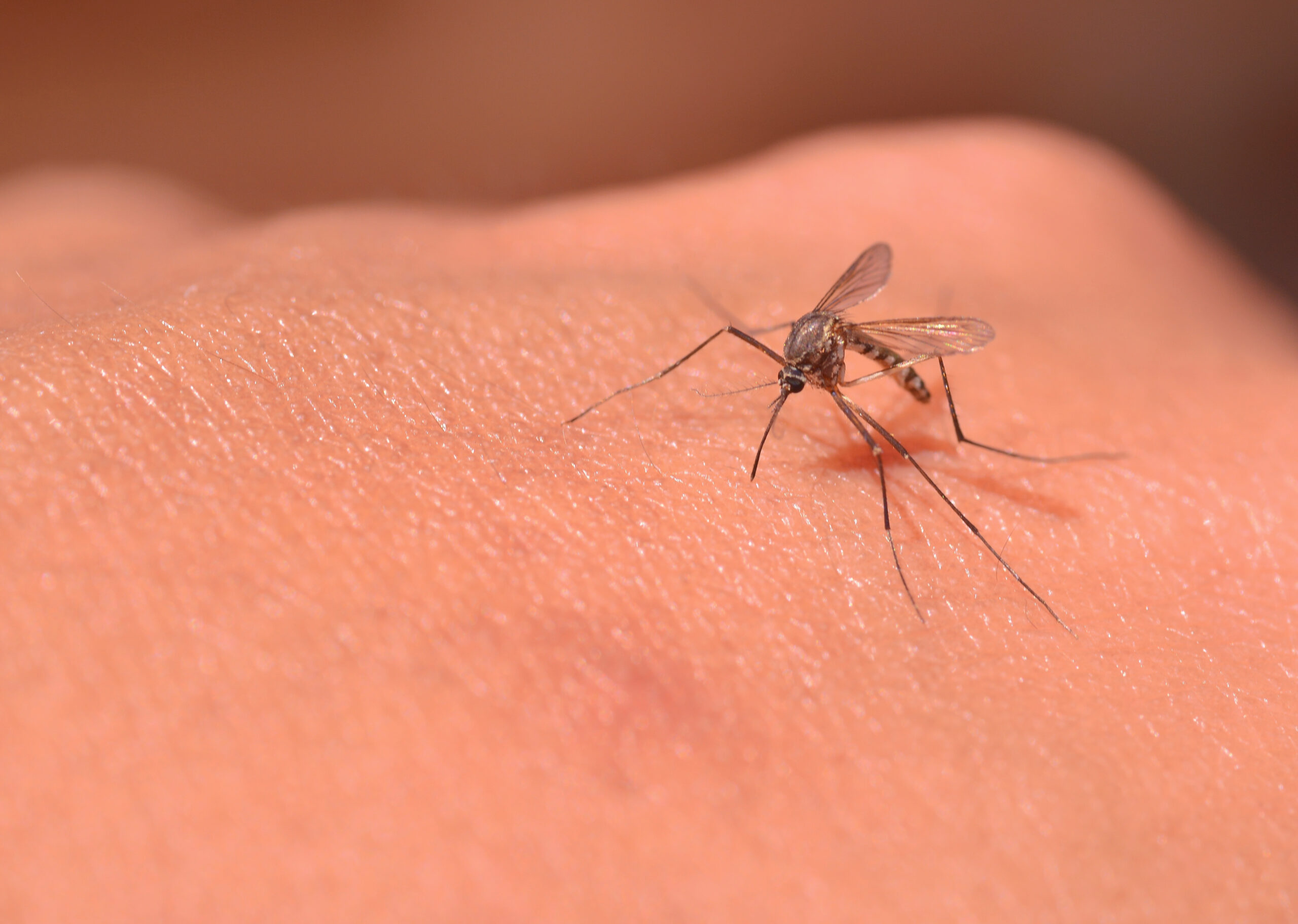
Monsoons, UVB, and Vitamin -D
Ultraviolet- B is the part of the energy we receive from the sun, which boosts the presence
of Vitamin -D in the human body. During rainy seasons when the clouds take over and
people spend more time indoors, human exposure to sunlight becomes very limited which
may lead to a decrease in vitamin D levels
Vitamin D and Covid 19
Vitamin D helps to boost immunity and reduces the risks of infections and hence reducing
the severity of the effect of the virus on the human body. A study shows that people who
were severely affected by Covid-19 had vitamin D deficiency. So, an adequate amount of
this vitamin D can suppress the consequences of being infected with the coronavirus.
Covid19 deaths growth rate in India
There have been 43,518,564 infections and 525,223 coronavirus-related deaths reported in
the country since the pandemic began. 4 deaths were recorded on June 12, 2022.
Fortunately, the death toll is continuously decreasing and the number of people recovering
from covid is very high.
Waterborne diseases and Covid 19
When Waterborne and vector-borne diseases outbreak during this season, it was expected
that covid 19 will also take a front seat and a surge in the cases can be recorded. But, there
is also one other aspect of the monsoon season. People tend to go outdoors less during this
period, they spend more time in-house to avoid contracting viral infections. This leads to
limits on the spread of Covid 19. A decline in cases was also recorded during previous
monsoons in India. The result is reduced mortality rates due to covid.
On one hand, there may be reduced vitamin D levels due to less exposure to ultraviolet-B
which severs the effect of COVID 19 but, on other hand, people are staying indoors due to
rains which limits the spread of the virus. So, limited exposure to sunlight is compensated
by non-intentional social distancing here.We can say that there is no extreme effect of
monsoon on the mortality rates due to covid-19.
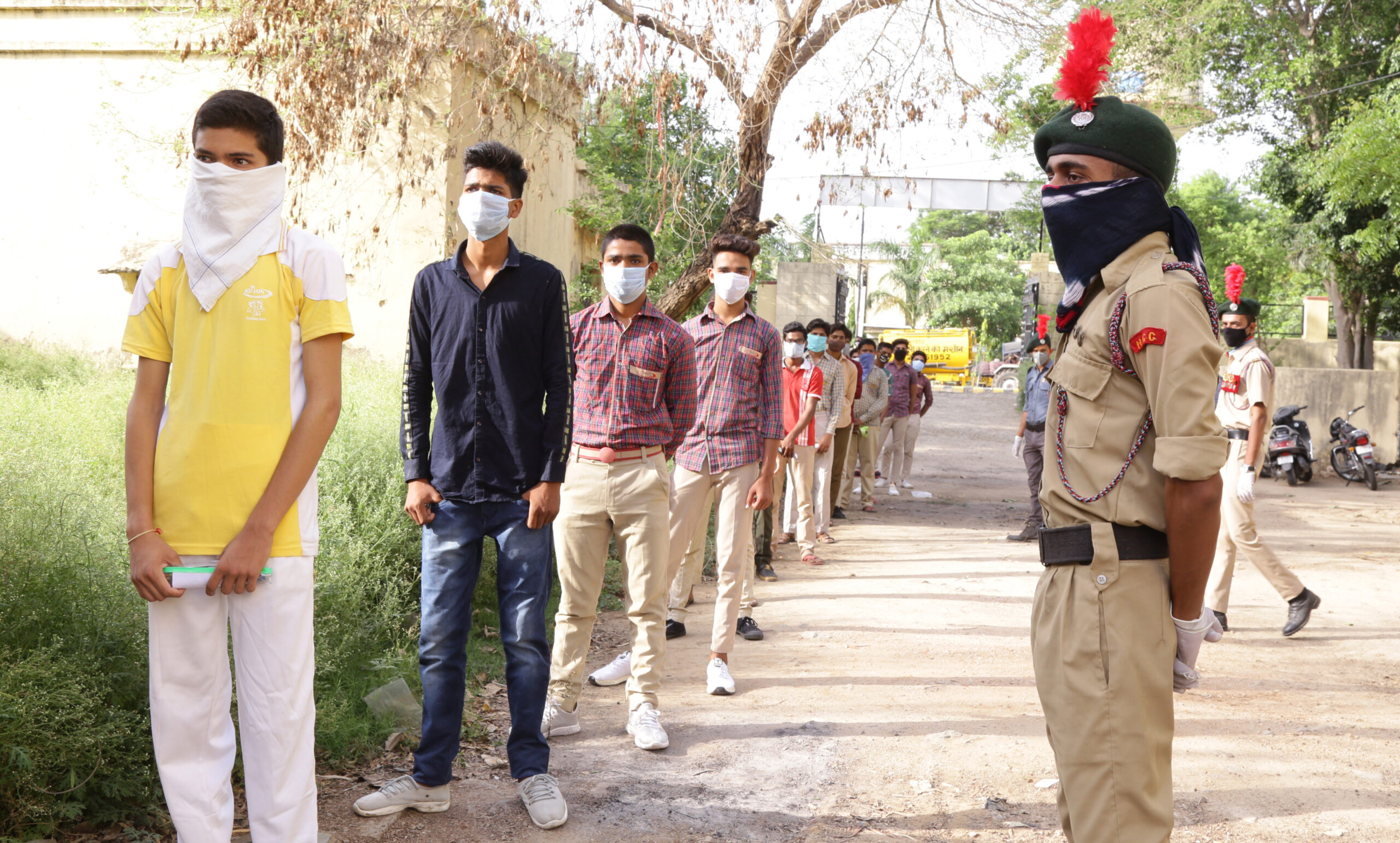
The relationship
It's safe to say that both monsoon and UVB have an independent negative association with
the daily growth rate of COVID19 deaths in India. The diseases that spread during the rainy
season also are proven to have less effect because people have developed good hygiene
habits after the pandemic started. So if we keep following the guidelines and maintaining
hygiene standards, a happy Monsoon is on our way!!
While life is getting back on track and people are getting their hopes high of a future
without covid, somewhere a new strain of the virus keeps popping up every few months
and we never know what may cause a corona breakout in the country all over again. So,
it's better to take precautions whenever necessary and follow guidelines issued by the
government according to the situation.
How to keep your guards up
An investigation from the Indian Institute of Technology Bombay found that monsoon
humidity can facilitate the transmission of new coronavirus.Researchers in this study looked
at the lifespan of droplets coughed or sneezed out by COVID-19 patients. Here are a few
things you can do to keep your prevention high:
- Water that hasn't been boiled, treated, or purified should not be consumed as it may be one of the numerous places where illnesses like cholera,typhoid, jaundice, hepatitis A, and gastroenteritis can breed.
- Always wash your hands with soap and water after using the restroom, before and after eating, and after you sneeze or cough.
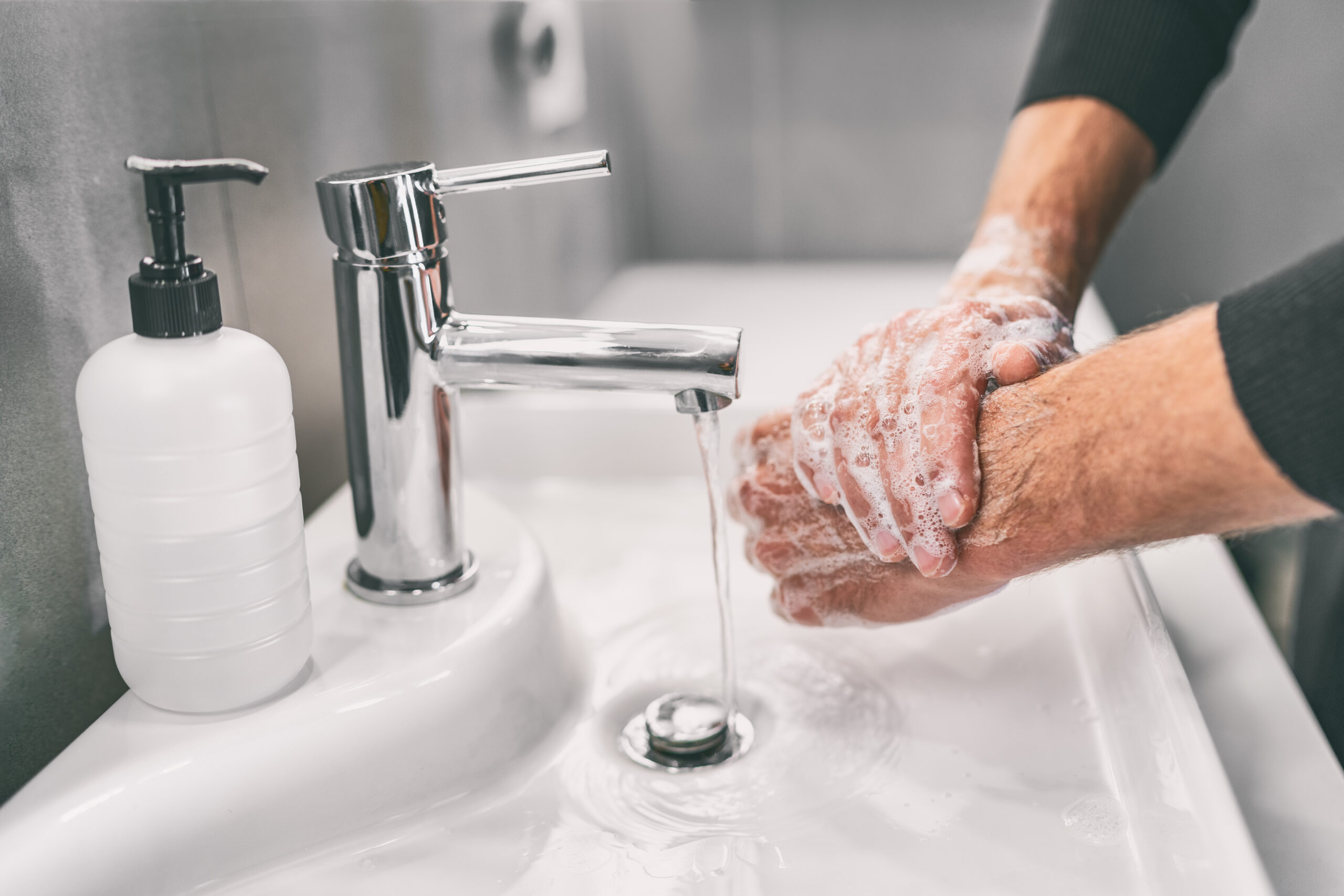
- Try to eat items that can strengthen your immunity throughout the monsoon season. Increase your intake of fruits, green leafy vegetables, and herbs like pepper and garlic, for instance. During the rainy season, stay away from or limit your consumption of food from the outside.
- Try to eat items that can strengthen your immunity throughout the monsoon season. Increase your intake of fruits, green leafy vegetables, and herbs like pepper and garlic, for instance. During the rainy season, stay away from or limit your consumption of food from the outside.
- Make sure to consume plenty of water and drinks to stay hydrated. Fighting infections can be aided by maintaining hydration.
- When coughing or sneezing, always use a handkerchief to cover your mouth and nose. To protect yourself and your loved ones, it is important to wear a mask.
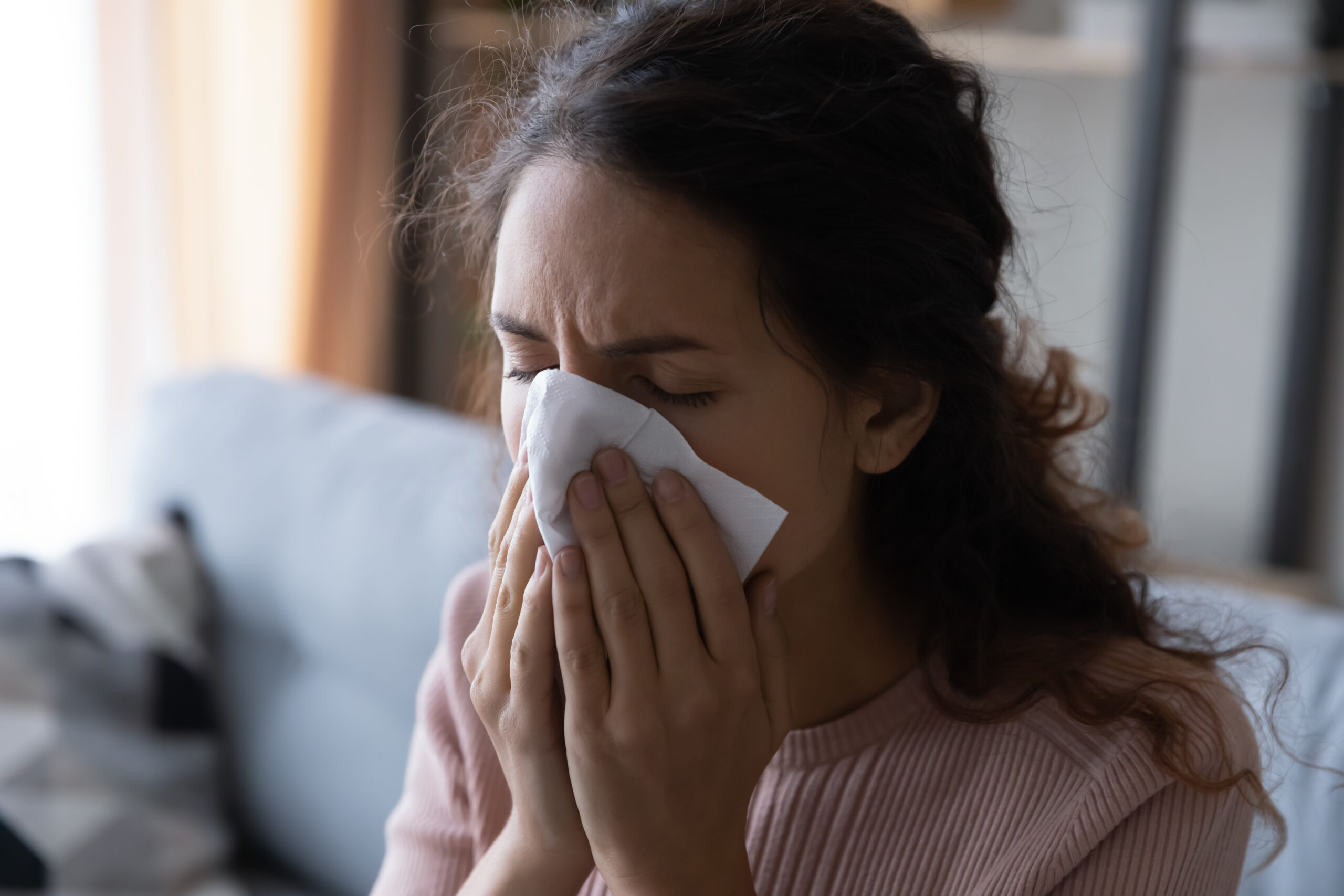
- To improve your immunity, take nutritional supplements containing zinc,vitamin D, and vitamin C.
- Avoid sharing your meals and beverages with anyone if you already have an infectious disease like the flu. As much as you can, stay away from crowded areas and restrict your interaction with other people to prevent the virus from spreading.
Shantabaa Medical College and General Hospital were on the front foot to serve people
during the covid waves. Our front-line warriors did best with the facilities while serving the
needy, and we are prepared if the situation, unfortunately,worsens, our hearts and doors
will always stay open for those affected. We wish that the worst is already bygone, and all
we face now are happy and healthy days.
Seasonal fluctuations, societal norms, and virus features all play major roles in how quickly
any viral infection spreads. COVID-19 is a respiratory infection that shares symptoms with
the flu, and seasonal flu cases are thought to rise during the monsoon season. Flu and
SARS viruses flourish in lower temperatures and humidity, according to several earlier study
findings. If you feel any serious symptoms or just want to be reassured, you can always
visit the Shantabaa General Hospital and take the advice of our expert doctors.

